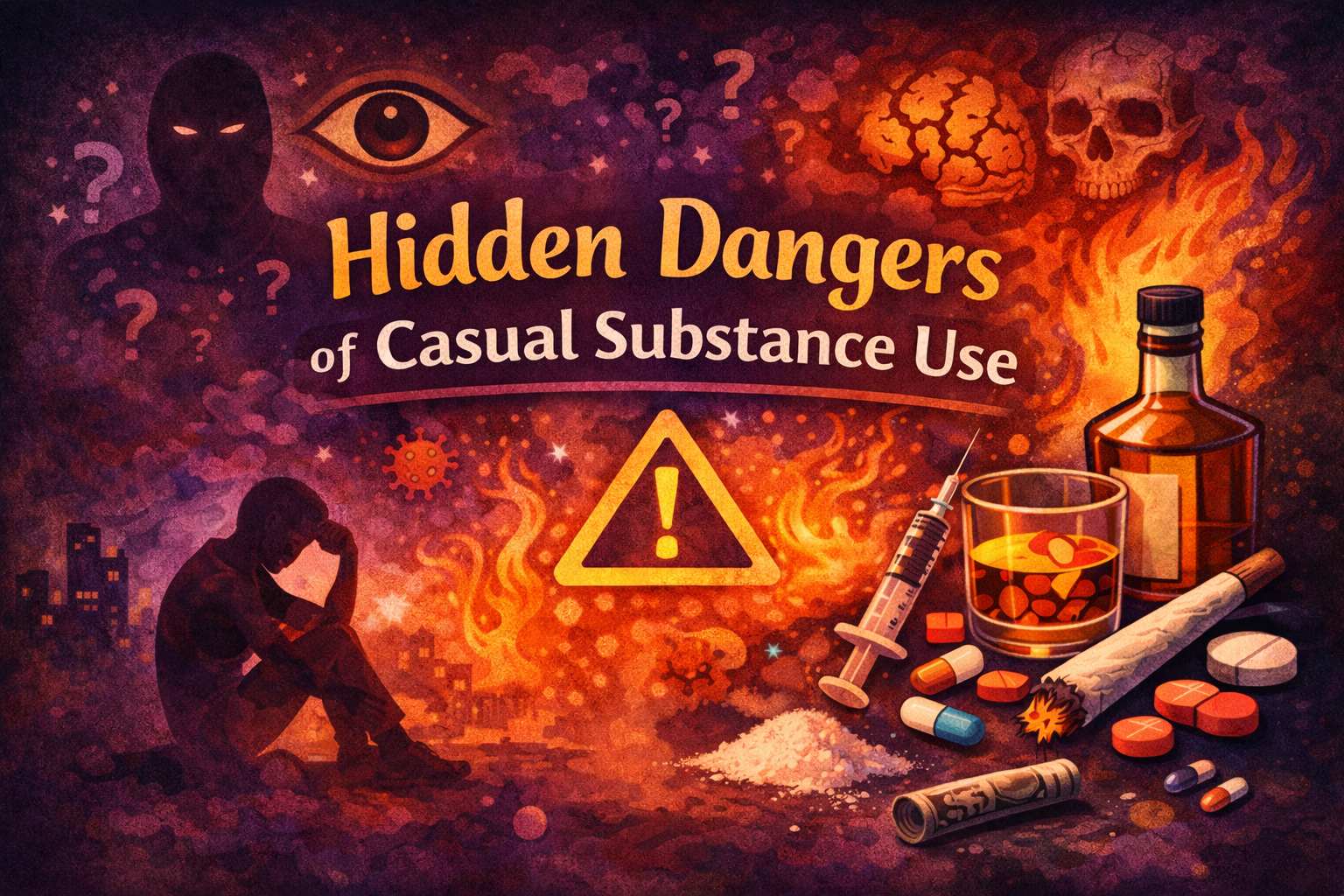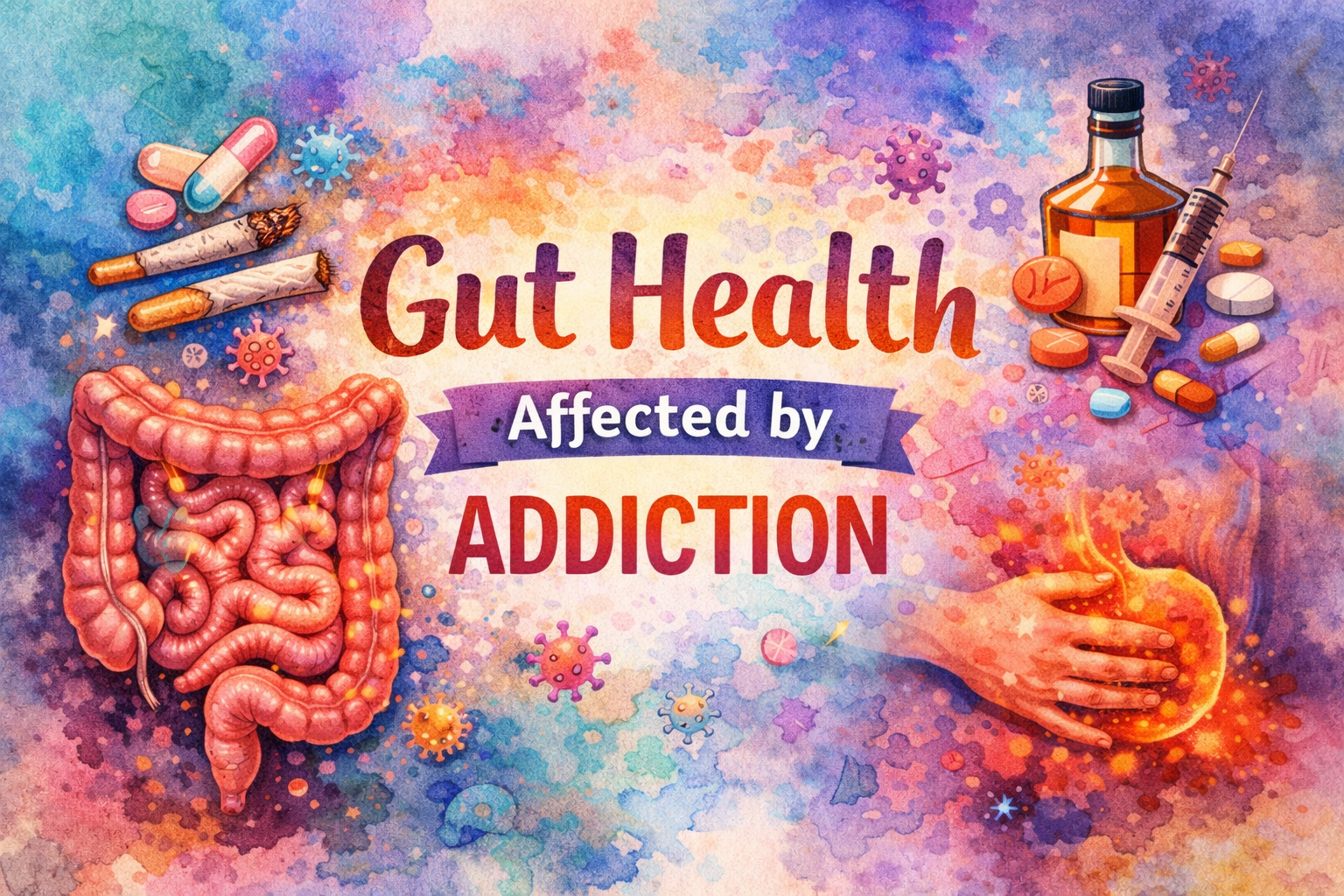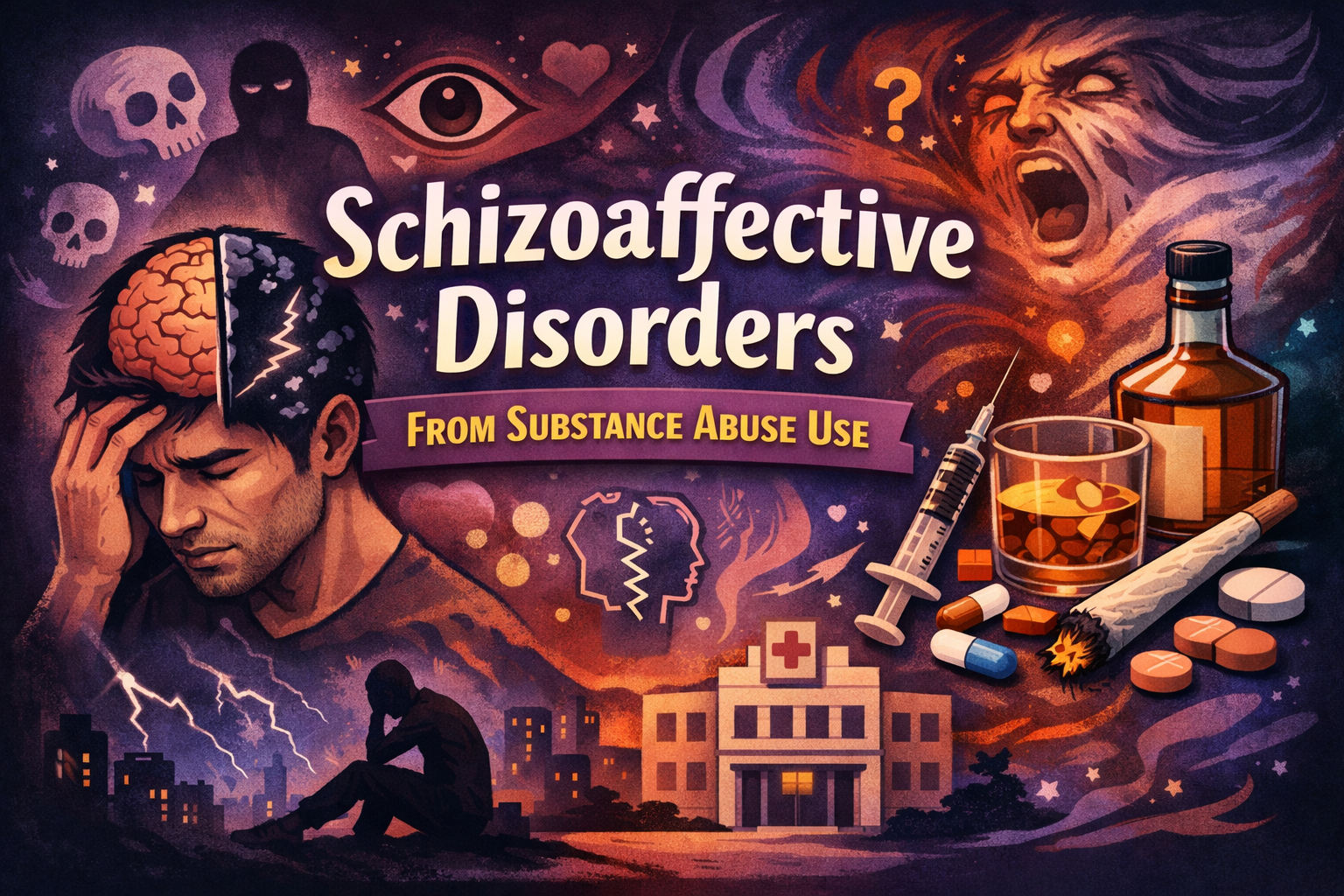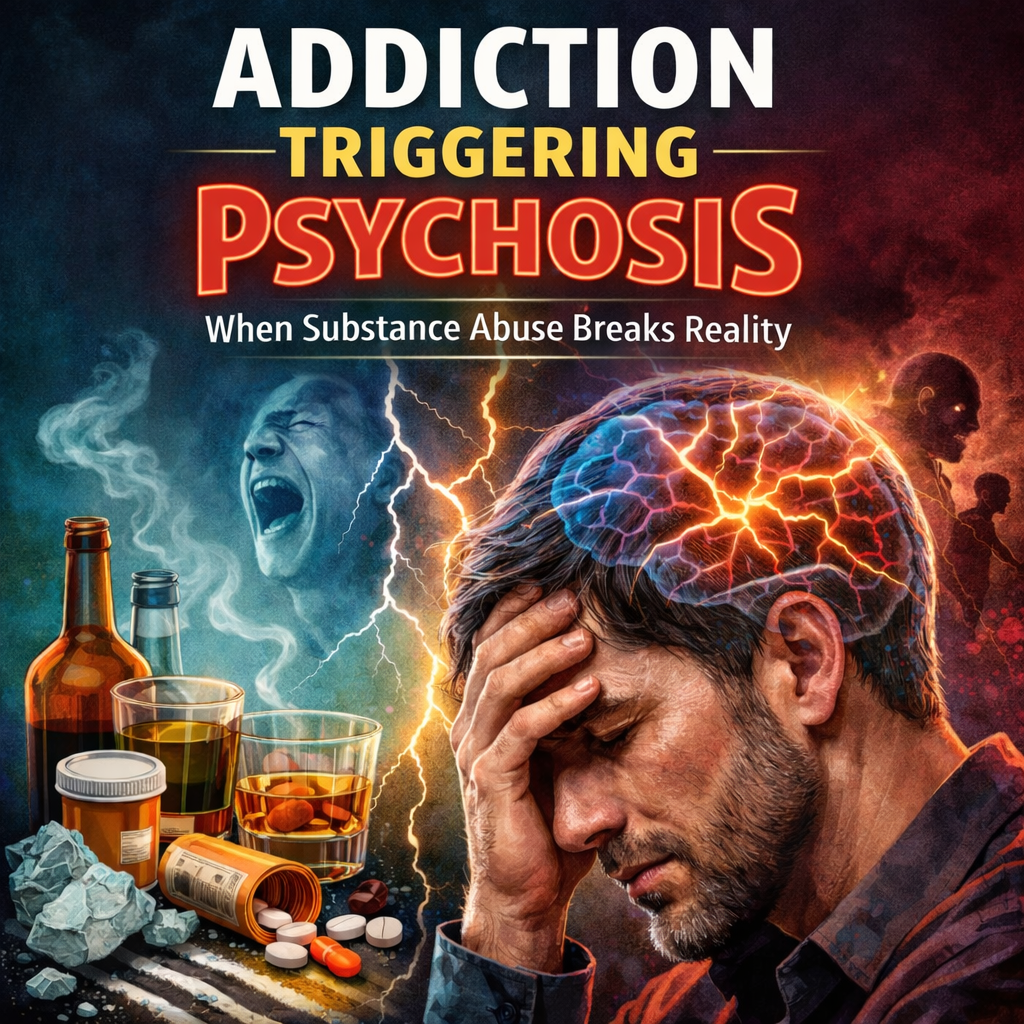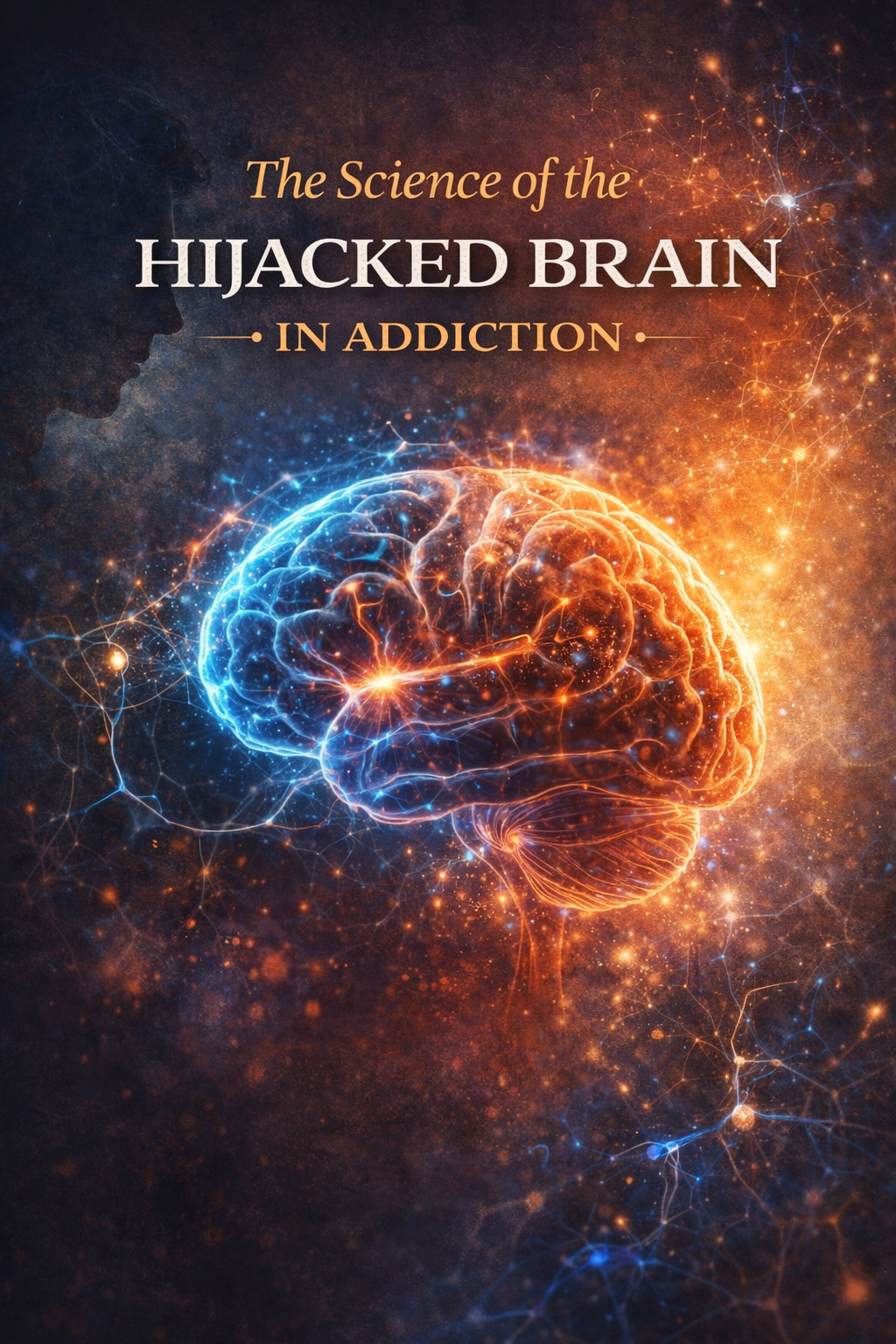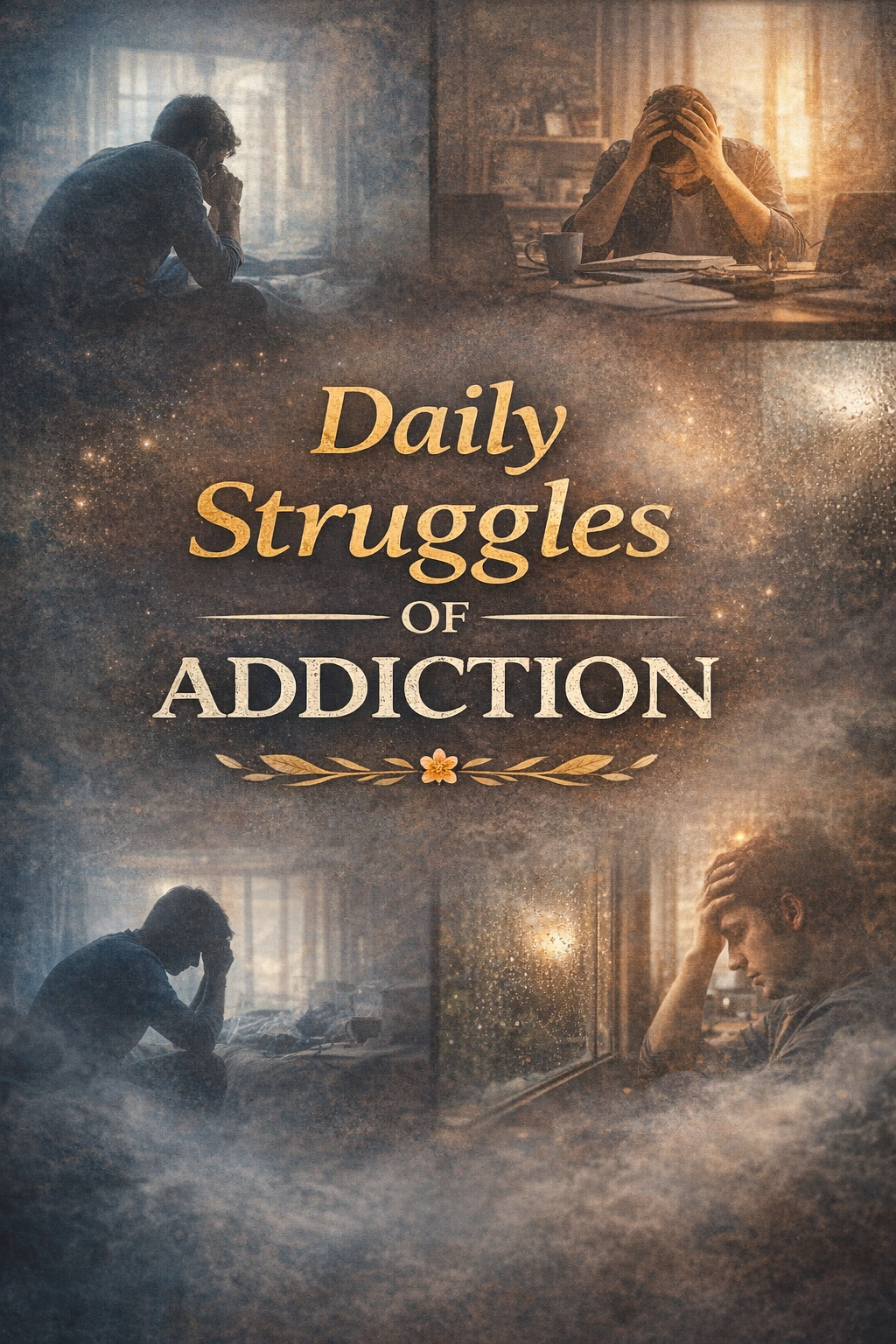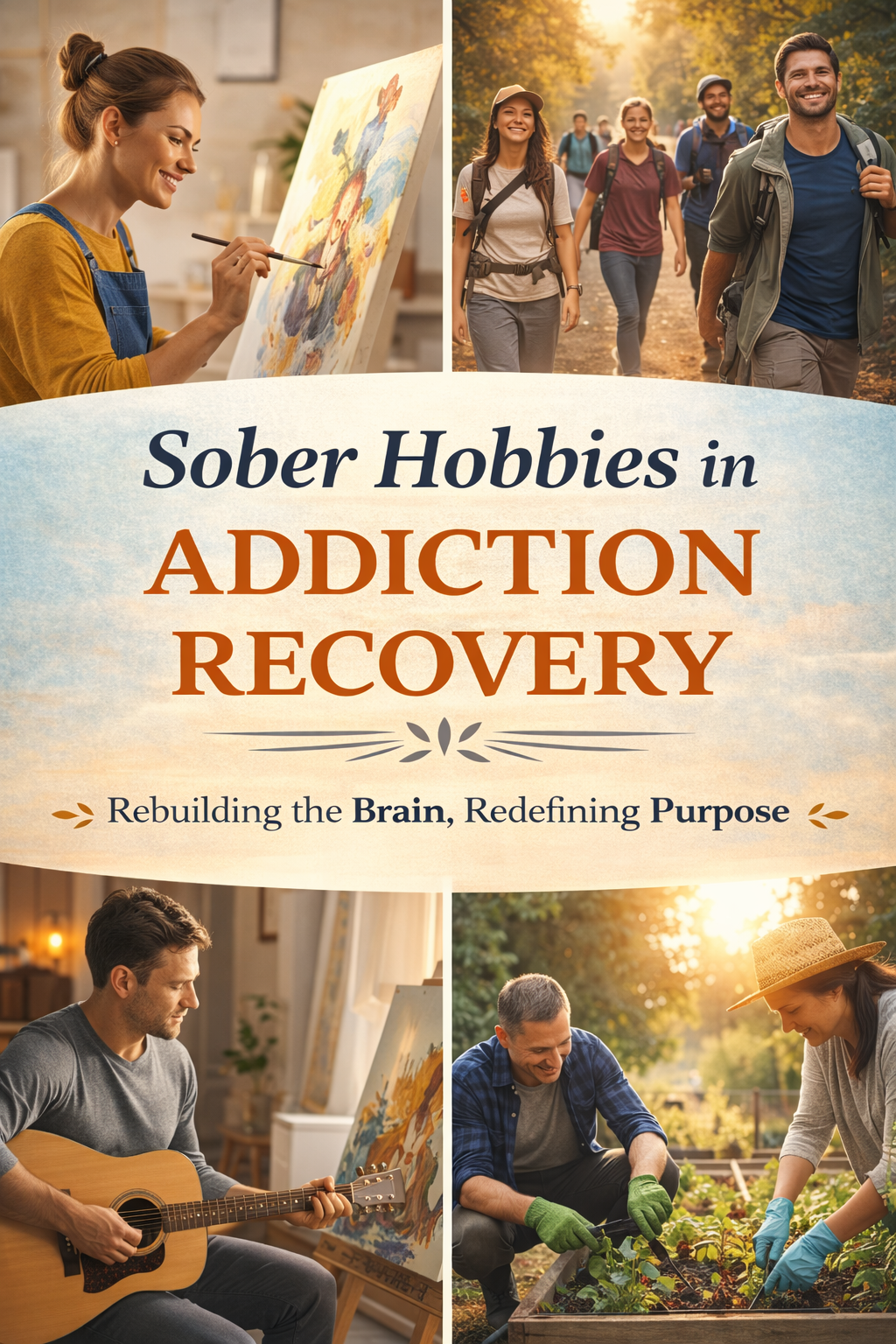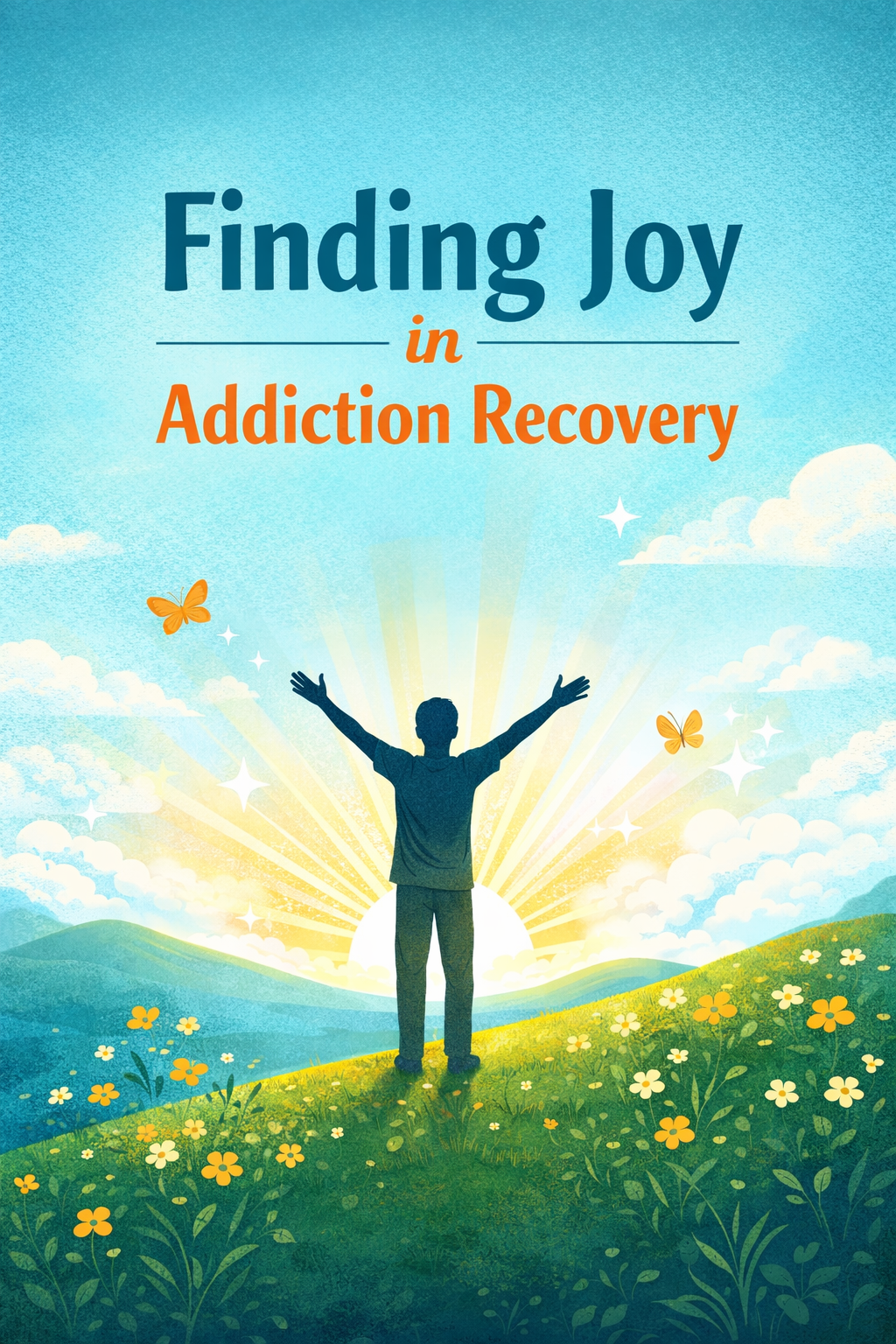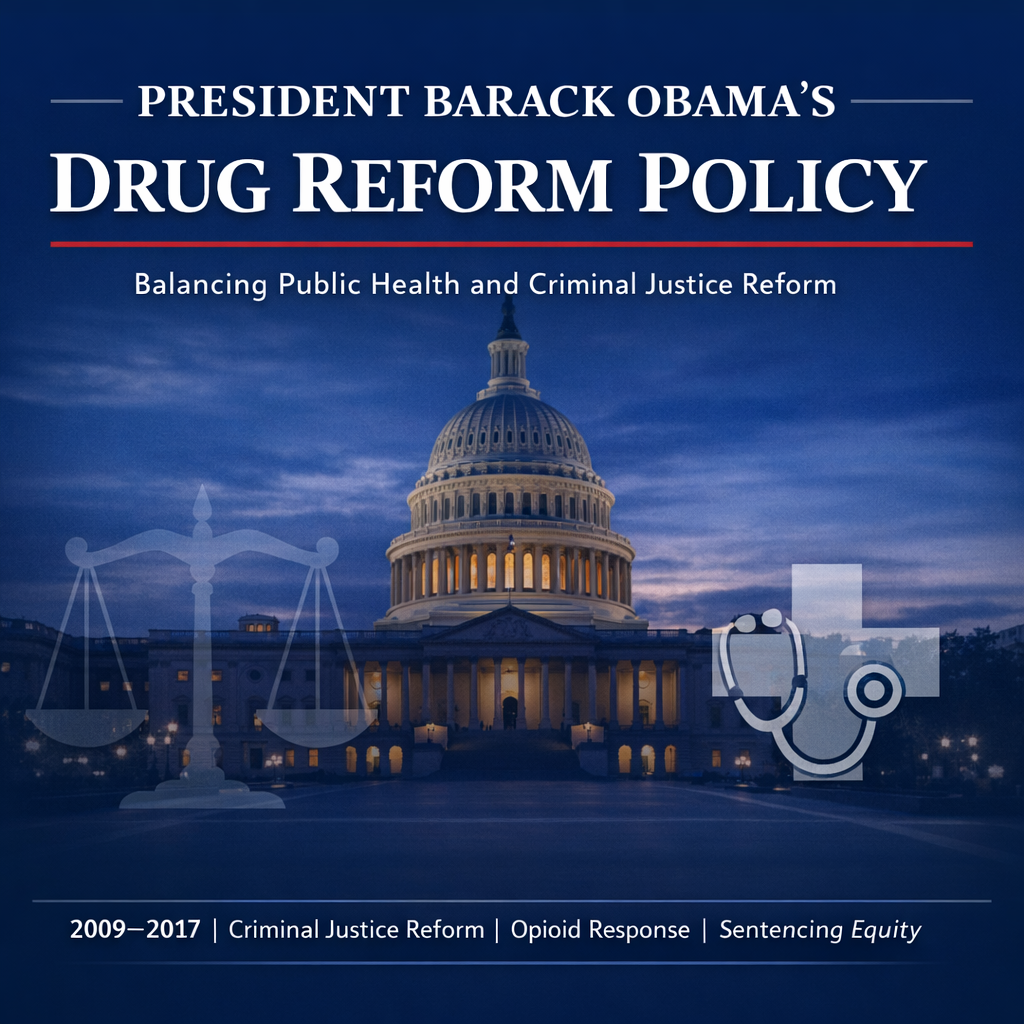Donald Trump 1st Drug Reform
During his first term in office, Donald Trump pursued a multifaceted federal drug policy strategy that combined public health initiatives, criminal justice reform, and law enforcement efforts. His administration addressed the opioid crisis through expanded treatment funding, national awareness campaigns, and prescribing oversight, while also supporting legislative reforms such as the First Step Act aimed … Read more

